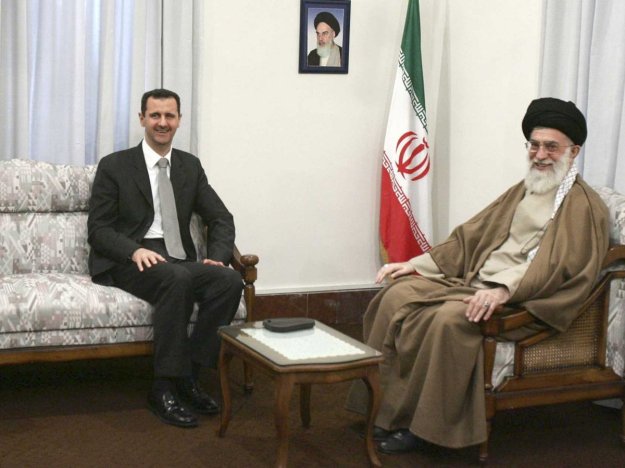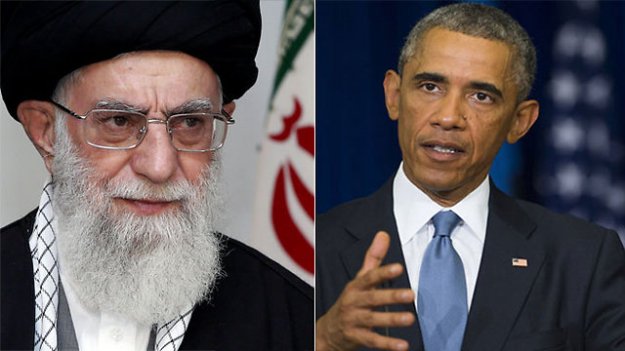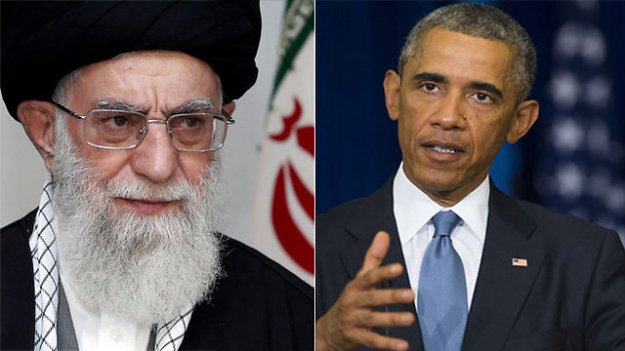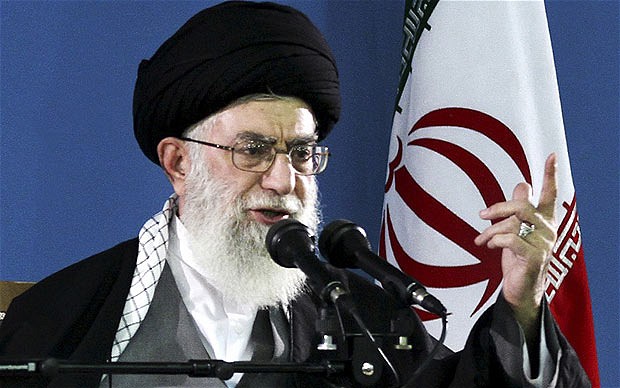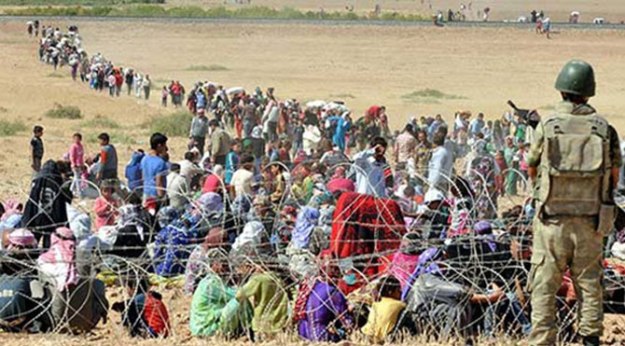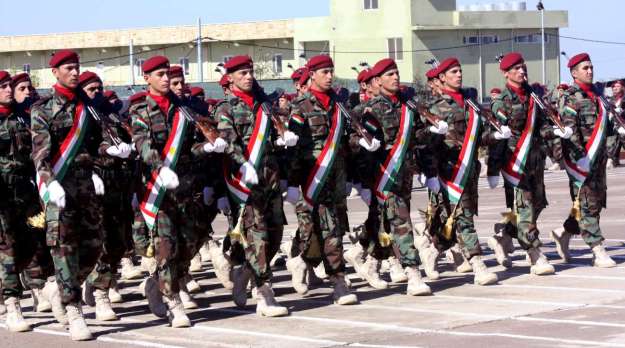By Kyle Orton (@KyleWOrton) on September 3, 2014

An opposition poster showing Assad and the Islamic State as two sides of the same coin
On August 25, Bashar al-Assad’s Foreign Minister, Walid al-Muallem, said: “Syria is ready for co-operation … to fight terrorism.” The week before Assad’s PR guru, Bouthaina Shaaban, told CNN that an “international coalition,” including Russia, China, America, and Europe, should intervene to defeat the “terrorists,” whom she says make up the rebellion in Syria.
Back in March I wrote a long post laying out the evidence that the Assad regime was deliberately empowering then-ISIS, now the Islamic State (IS), helping it destroy moderate rebels and even Salafist and Salafi-jihadist forces, with the intention of making-good on its propaganda line that the only opposition to the regime came from takfiris, which would frighten the population into taking shelter behind the State, seeing this madness as the only alternative, and would at the very least keep the West from intervening to support the uprising and might even draw the West in to help defeat the insurgency. These statements represent the culmination of that strategy. Continue reading →

